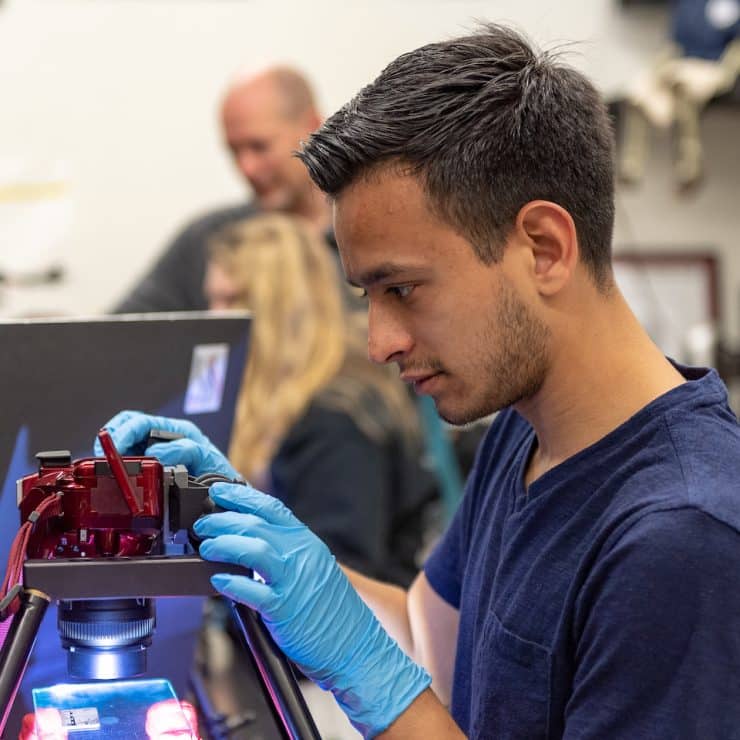
Justice & Military Science Division
The Justice & Military Science Division is comprised of the Criminal Justice & Forensic Science Department, the Legal Studies program, and the Air Force and Army ROTC programs.
Undergraduate & Graduate Degrees
Undergraduate Minors
ROTC Programs
Division Head
Eric See, Ph.D.
Head, Justice & Military Science Division; Professor of Criminal Justice
